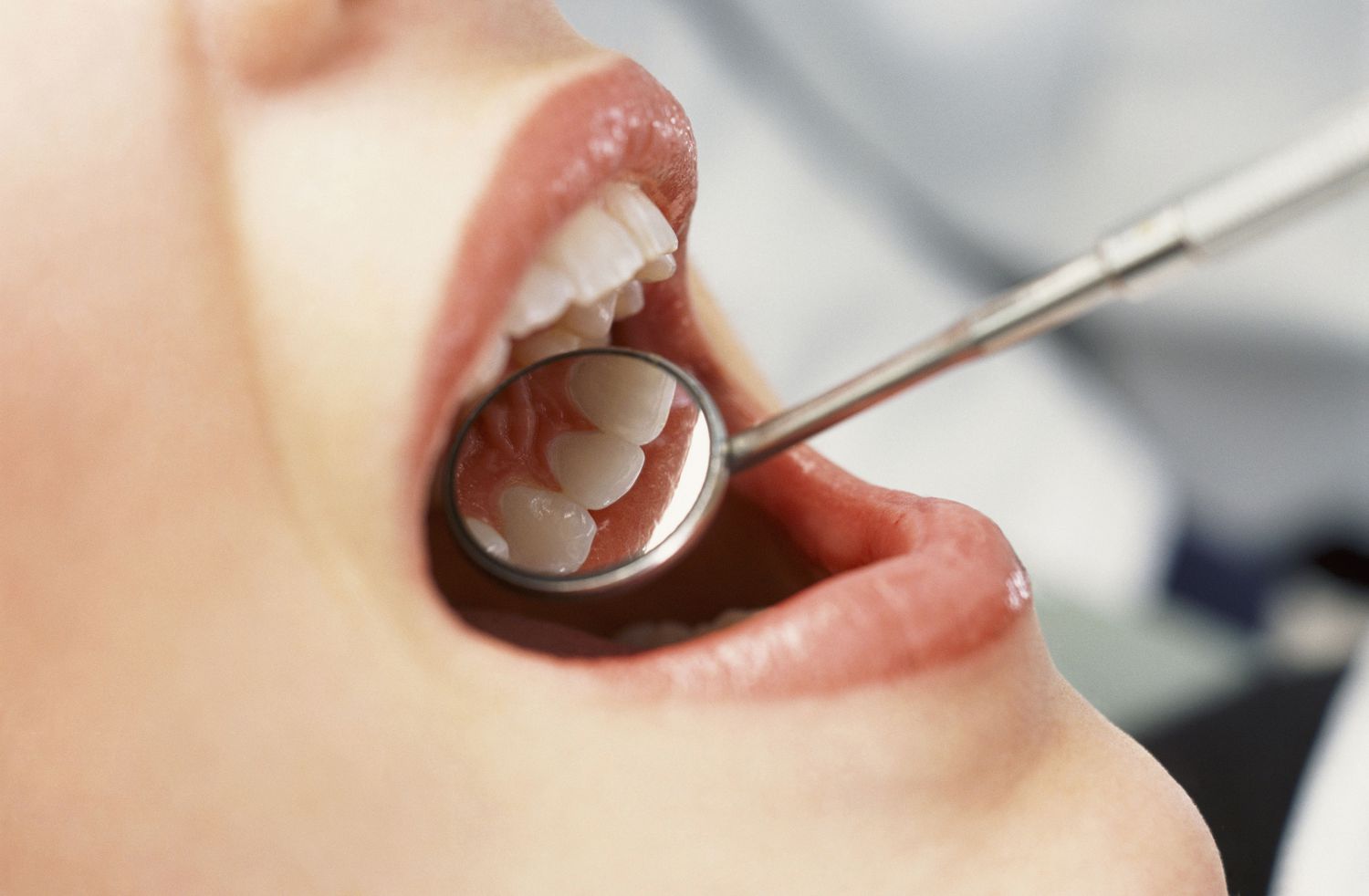A healthy smile doesn’t just happen on its own—it takes care and attention. Unfortunately, many people experience common dental problems that could have been prevented with the right habits. From cavities to gum disease, here’s what you need to know about the most frequent oral health issues and how to keep them at bay.
1. Cavities: The Most Common Culprit
Cavities, or tooth decay, are caused by plaque buildup from leftover food particles, especially sugars and starches. When bacteria feed on these particles, they produce acid that wears away enamel, leading to holes in the teeth.
Prevention: The best way to prevent cavities is by brushing twice a day with fluoride toothpaste, flossing daily to remove food between teeth, and limiting sugary snacks and drinks. Sweets and juices should be consumed in a structured manner, specifically right after meals, and after consumption, the mouth should be rinsed with at least water and teeth should be brushed as soon as possible.
2. Gum Disease: More Than Just Bleeding Gums
Gum disease, also known as gingivitis or periodontitis in more severe cases, occurs when plaque builds up along the gumline, leading to inflammation, redness, and bleeding. If left untreated, it can cause tooth loss and affect overall health.
Prevention: Regular dental check-ups and professional cleanings remove plaque and tartar that brushing alone can’t. If your gums bleed when you brush or floss, don’t ignore it—early intervention is crucial. When brushing your teeth with a toothbrush, make sure to clean not only the teeth but also the gums, and use dental floss and interdental brushes as well.
3. Bad Breath: More Than Just an Embarrassment
Bad breath, or halitosis, can be caused by poor oral hygiene, bacteria buildup on the tongue, dry mouth, or even digestive issues. It’s often a sign that something is off in your oral care routine.
Prevention: Good oral hygiene is key – thorough cleaning of the gum pockets, using dental floss, interdental brushes, and an oral irrigator.
Bad breath can also be prevented by using 3% hydrogen peroxide. If bad breath persists despite good oral hygiene, it may be a sign of an underlying issue, so check with your dentist.
4. Tooth Sensitivity: That Sharp, Sudden Pain
If you’ve ever felt a sharp pain when eating something hot, cold, or sweet, you’re familiar with tooth sensitivity. This occurs when the enamel wears down, exposing the sensitive inner layers of the tooth. It can also be caused by gum recession, which exposes the root of the tooth.
Prevention: Switch to a desensitizing toothpaste that strengthens enamel and blocks pain signals. Avoid acidic foods and drinks like citrus fruits and soda, and use a soft-bristled toothbrush to prevent further enamel erosion. If sensitivity persists, your dentist may recommend fluoride treatments or other solutions.
5. Enamel Erosion: The Silent Damage
Enamel erosion happens gradually but can have lasting effects on your teeth. Acidic foods and drinks, excessive brushing with hard bristles, and grinding your teeth can all wear down the protective outer layer of your teeth.
Prevention: To protect your enamel, avoid excessive consumption of acidic beverages like soda and citrus juices. If you do drink them, use a straw to minimize contact with your teeth. Wearing a nightguard can also prevent damage if you grind your teeth while sleeping. Products (liquids and gels) containing fluoride or calcium can be used, as they integrate into the tooth structure, strengthen it, and help prevent further damage.
6. Tooth Discoloration: Stains That Steal Your Smile
Over time, teeth can become stained or discolored due to foods, drinks, smoking, or poor oral hygiene. Coffee, tea, red wine, and tobacco are some of the biggest culprits.
Prevention: Brushing after meals can help prevent stains from setting in, and using whitening toothpaste can reduce surface discoloration. Avoid smoking, limit dark-colored beverages, and consider professional whitening treatments for a brighter smile.
7. Cracked or Broken Teeth: Protecting Against Damage
Teeth can crack or break due to injuries, chewing hard foods, or grinding at night. Once a tooth is damaged, it can be prone to further fractures and sensitivity.
Prevention: Avoid chewing ice, hard candies, and non-food items like pens. If you play sports or grind your teeth at night, wearing a mouthguard can prevent damage. If a tooth does crack, see your dentist as soon as possible to prevent further complications.
Final Thoughts: Prevention Is the Best Cure
While dental problems are common, most of them are entirely preventable with the right care. Brushing, flossing, and visiting your dentist regularly can go a long way in keeping your teeth healthy. Paying attention to your diet and avoiding harmful habits will also help you maintain a strong, confident smile.
Taking small steps today can prevent major dental issues down the road—so make your oral health a priority!


